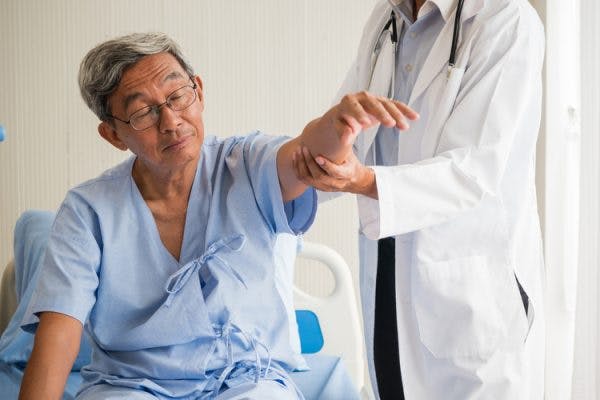
Learned Nonuse After Stroke: When Survivors Neglect Their Affected Side
Learned nonuse after stroke is a complication that affects many survivors. This takes place when an individual ignores or avoids their affected limb, often after

Learned nonuse after stroke is a complication that affects many survivors. This takes place when an individual ignores or avoids their affected limb, often after
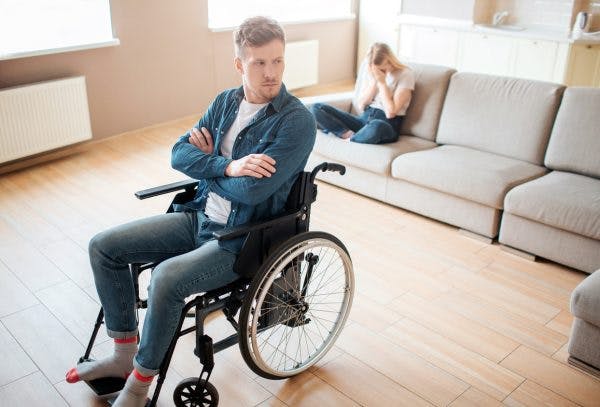
Self-centered behavior after stroke is one of the many potential personality changes a survivor may experience. This can be the case regardless of the survivor’s
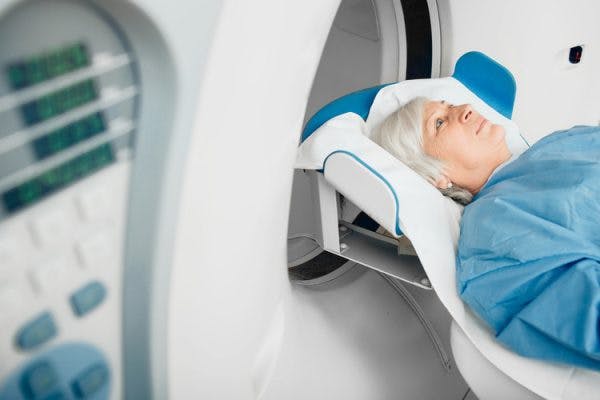
Determining the difference between vertigo vs. stroke can be challenging, which leads to frequent misdiagnosis. This can have serious consequences when stroke is not treated

Mood swings after stroke can be a normal part of the recovery process. This often occurs due to the many changes that have taken place
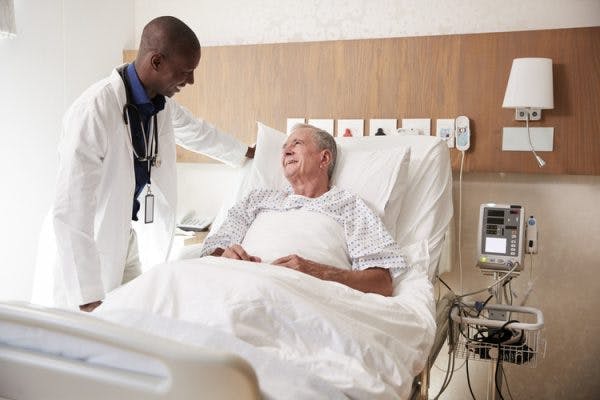
A stroke is a major neurological injury, and some survivors will have the experience of being bedridden after stroke. While this term may sound extreme,
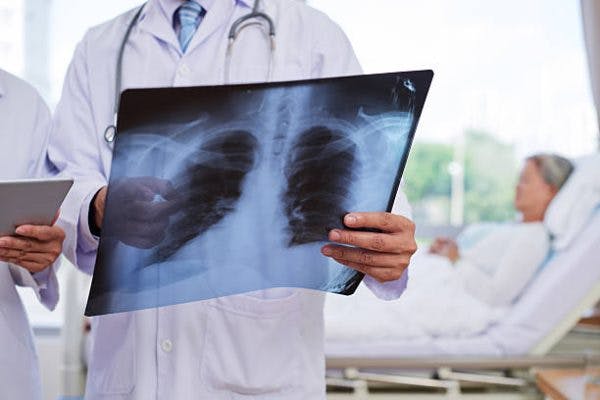
One of the most common medical complications after stroke is aspiration pneumonia. In fact, according to most estimates, one in three stroke survivors will develop pneumonia at

Numbness after stroke is a common secondary effect that involves the loss of sensation in affected areas. This effect can be complex and is often accompanied by
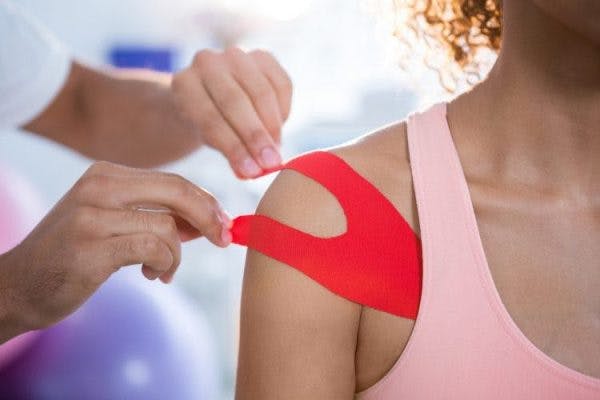
Frozen shoulder after stroke can be painful and is also limiting to a survivor’s mobility and overall function. This can take a negative toll on

More than 1/3 of survivors deal with post-stroke depression at any one time. Knowing that over 795,000 people experience strokes every year in the US,

Fatigue after stroke affects many survivors and is different from normal tiredness. While some people with fatigue feel better after a nap, stroke survivors might

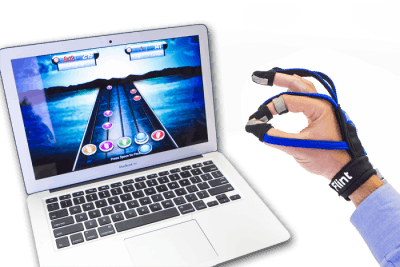
Take the first step towards recovery.